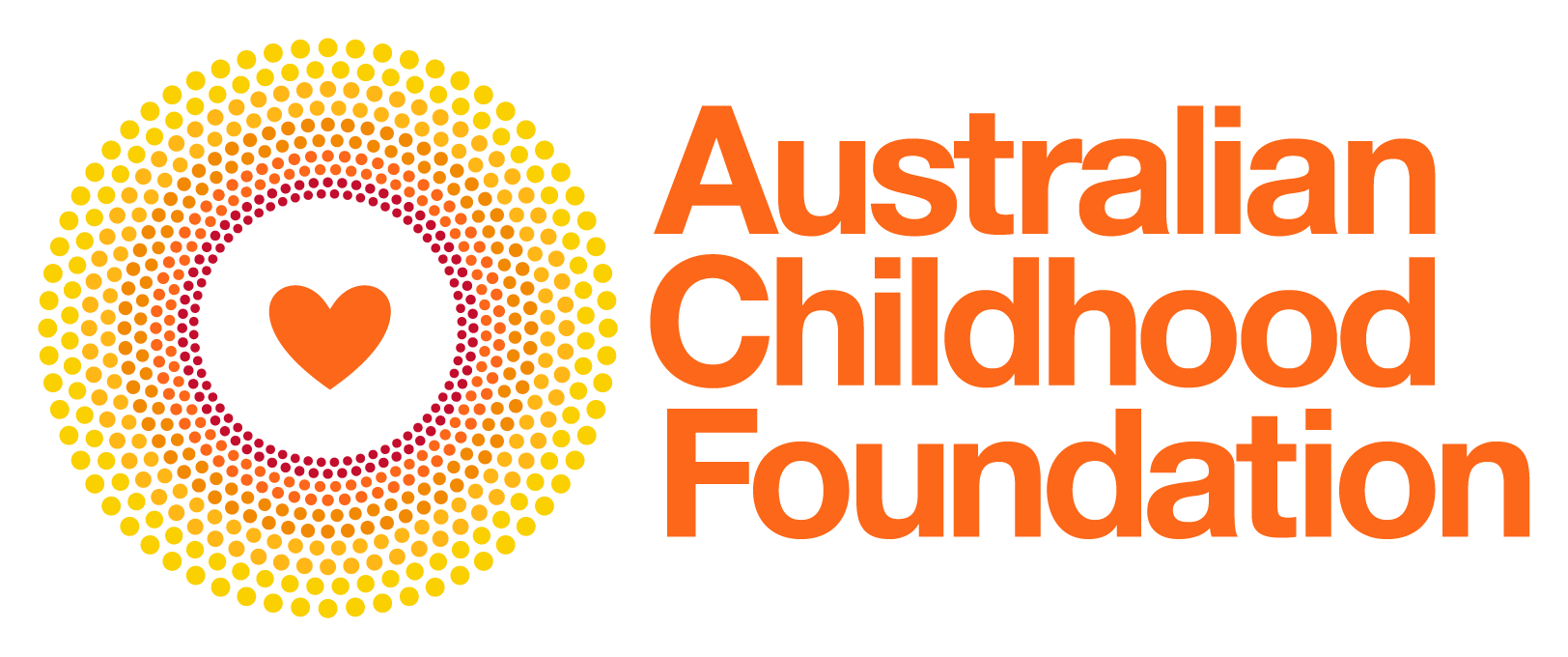Matt’s story
He wasn’t a “bad kid” - he was in pain

Matt could have easily been written off as a “bad kid”. At thirteen, he was already struggling with substance use and had withdrawn from activities that other children his age enjoyed.
His behaviour appeared violent and aggressive, leading to concerns for his safety and the safety of others - so he was expelled from school. Worst of all, he talked about harming himself. But what had led Matt to this point? What were the factors that shaped his young life?
When Matt arrived at the Foundation, our dedicated team recognised that beneath his difficult behaviours was a deep well of pain. These behaviours were not signs of a “bad kid” but the visible effects of trauma - a trauma no child should ever have to face, let alone carry with them into their teen years. Matt was a young person who had never received the love and care he needed to heal and prosper. He had been carrying emotional scars from his childhood that were far too heavy for anyone to bear.
Can you imagine being a small child repeatedly exposed to violence, drug, and alcohol abuse, being left alone and hungry? This was Matt’s life. By the time he was in primary school, Matt had witnessed his father’s violent behaviour toward his mother and sisters. At just eight years old, he knew that what he was seeing was wrong, but he didn’t have the words to speak out. No adult in Matt’s life asked if he was safe, or okay.
As the oldest child, Matt felt a heavy emotional burden. He believed that he was responsible for stopping the violence in his family and felt guilty for not being able to protect them. Children like Matt, who haven’t experienced safe, loving relationships, struggle to make sense of their world and their feelings. Without the support they need, they may act out in ways that are harmful to themselves and others.
When Matt was ten, during an especially difficult period, he turned to his great aunt, whom he lovingly called “Gran.” If Matt showed up at her house feeling hungry and alone, she would make him treats. They would escape from their troubles by sharing scones and playing Scrabble. It became a safe space for Matt, a place where he finally felt seen and understood.
However, Gran passed away, leaving Matt devastated. She was the only adult he trusted and felt cared about him. He now was alone and unsafe again. He struggled with grief he didn’t know how to process.
Our therapists began by helping Matt process his profound sense of disconnection and lack of feeling safe. As he talked about his anger, which was often explosive, it started to make more sense. We took the time to create a nonjudgmental environment where Matt could explore his painful emotions and rebuild a sense of security. With time, we helped him understand that his outbursts weren’t a sign of being “bad” but a sign of the emotional pain he had carried for so long.
Instead of being punished or rejected for his difficult behaviours, he was met with empathy and commitment to supporting him.
We saw remarkable changes as Matt worked through his trauma. His posture relaxed, his frown softened, and he began to make eye contact and communicate more politely. It was a clear sign that he was beginning to heal. There was hope.
We also worked closely with Matt’s carer, Elisabeth*, a compassionate young woman in her mid-twenties who was dedicated to understanding Matt’s experiences. She wasn’t just providing him with physical care; she was learning how to offer the consistent emotional support he needed.
The journey toward healing is never easy. Matt had setbacks along the way. A seemingly small incident could trigger Matt’s painful memories and lead to an outburst. He would lash out, getting involved in fights that weren’t his. His reactions were often exaggerated, rooted in his deep-seated sense of injustice.
Despite these challenges, Elisabeth remained calm and committed. Their strong bond helped Matt feel more secure in himself. By the time Matt was fifteen, he had become a much gentler, more composed young man. His sense of humour began to shine through, and he showed signs of healing.
Today, Matt and Elisabeth share a strong, loving bond. They have become a family, attending community events together and remembering Gran with their Sunday night Scrabble games. This relationship, built on mutual care and understanding, is a testament to the power of therapeutic care in healing trauma.
Matt is thriving in school. He is an active member of the debate club and the school representative council. To catch up on the time he missed, he receives regular tutoring.
Perhaps most importantly, Matt shared that one of his greatest motivations for change was to pave a better example for his sisters. He wants to ensure they too receive the love and care they need to grow up happy and healthy. Elisabeth is now working on a way to bring them into her home as well.
As the leader of the Foundation, it breaks my heart to even consider program cuts in response to Government’s shifting funding priorities. How can we abandon children who’ve had such difficult upbringings?
Branding them as “bad kids” only makes the problem worse. Ignoring the problem won’t make it go away. Children cannot heal their own pain. They need specialist therapy, and I am determined that we will continue to provide it for as many children as possible. My hope is that we can count on your support as the financial year comes to an end.
Thank you for helping us make a difference to our most vulnerable children and young people.
